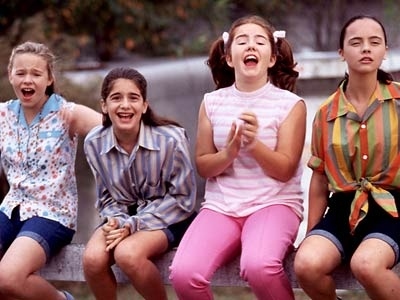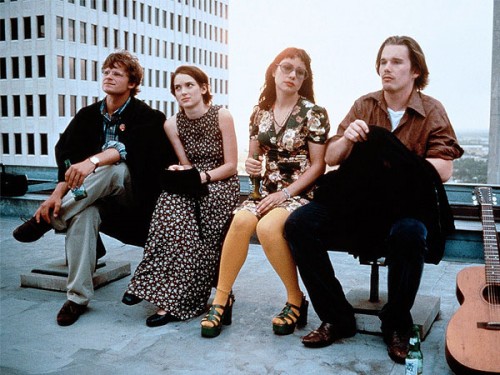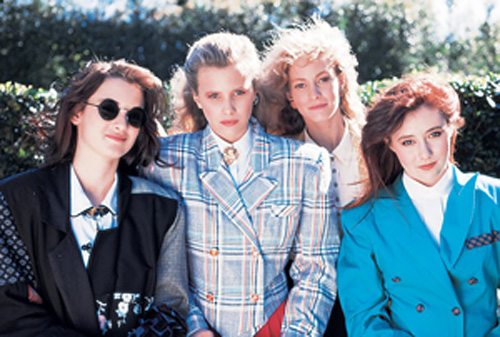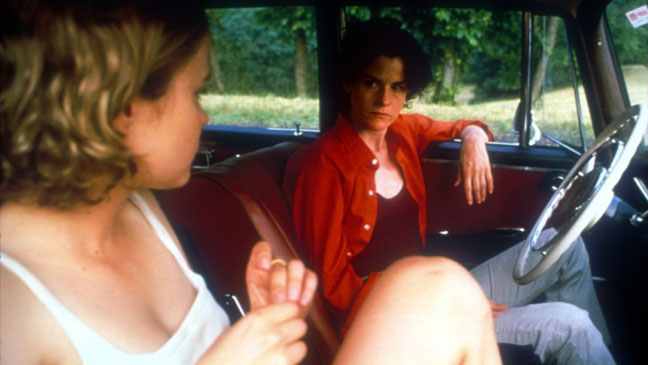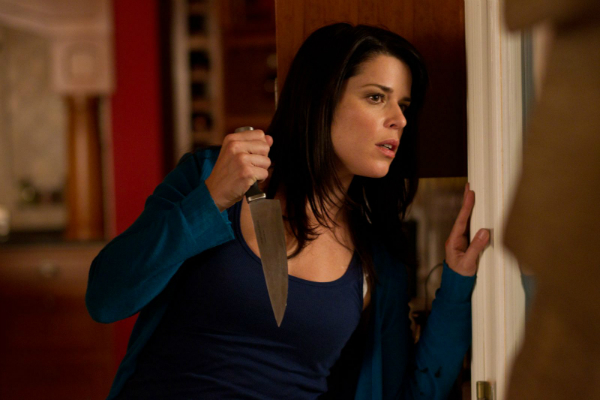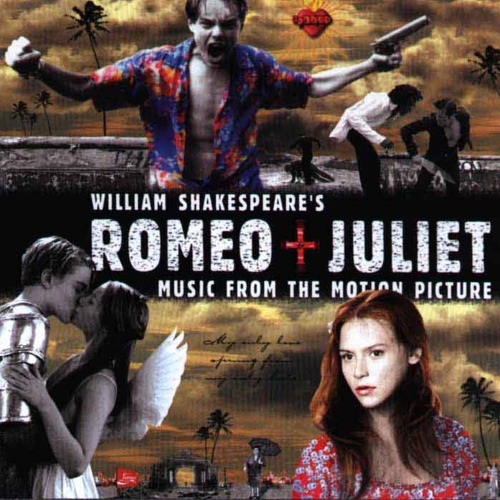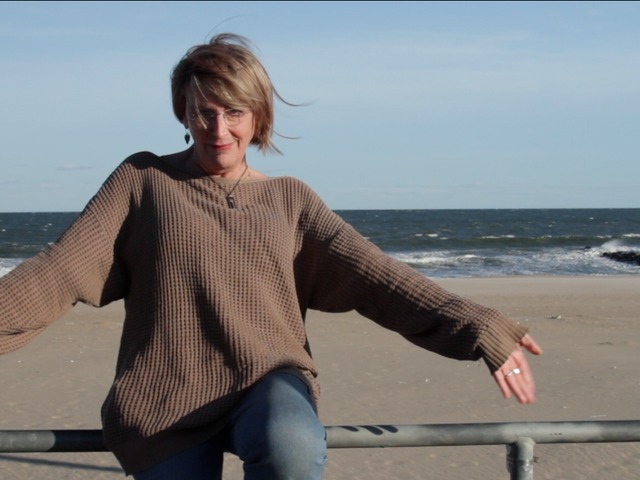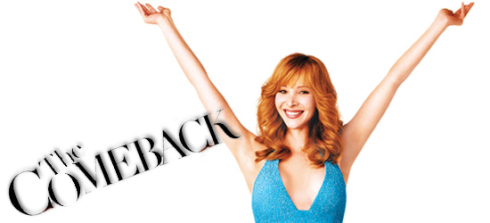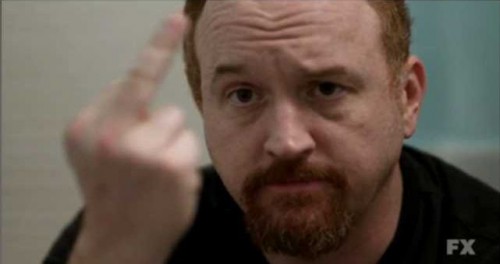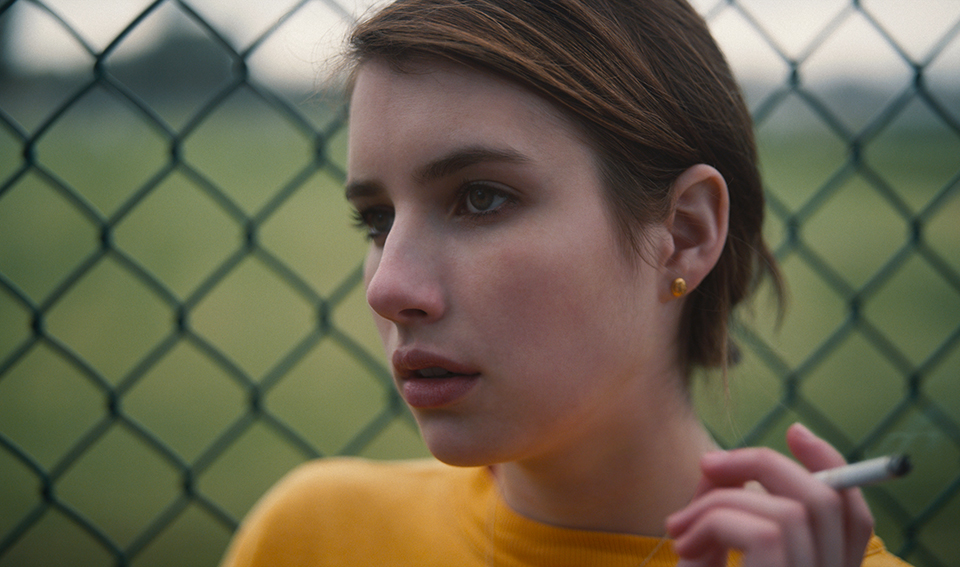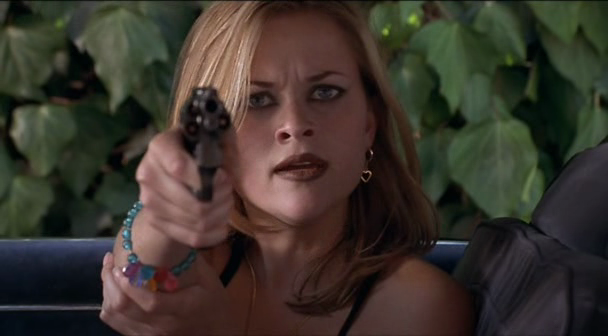What ‘Now and Then’ Taught Me About Friendship
Summer has always been a magical time where childhood lingers, and every time I get on a swingset again, or have a hankering for a push pop, or throw on my ‘Now and Then’ soundtrack, I think of my childhood and feel invigorated with that rush of youth. I think of Taylor and Sara, and a time when we were so eager to make our own adventures. I also think of those four girls from the Gaslight Addition; somehow they affected my life by making me appreciate what it means to be and have a true friend in this wild world.
